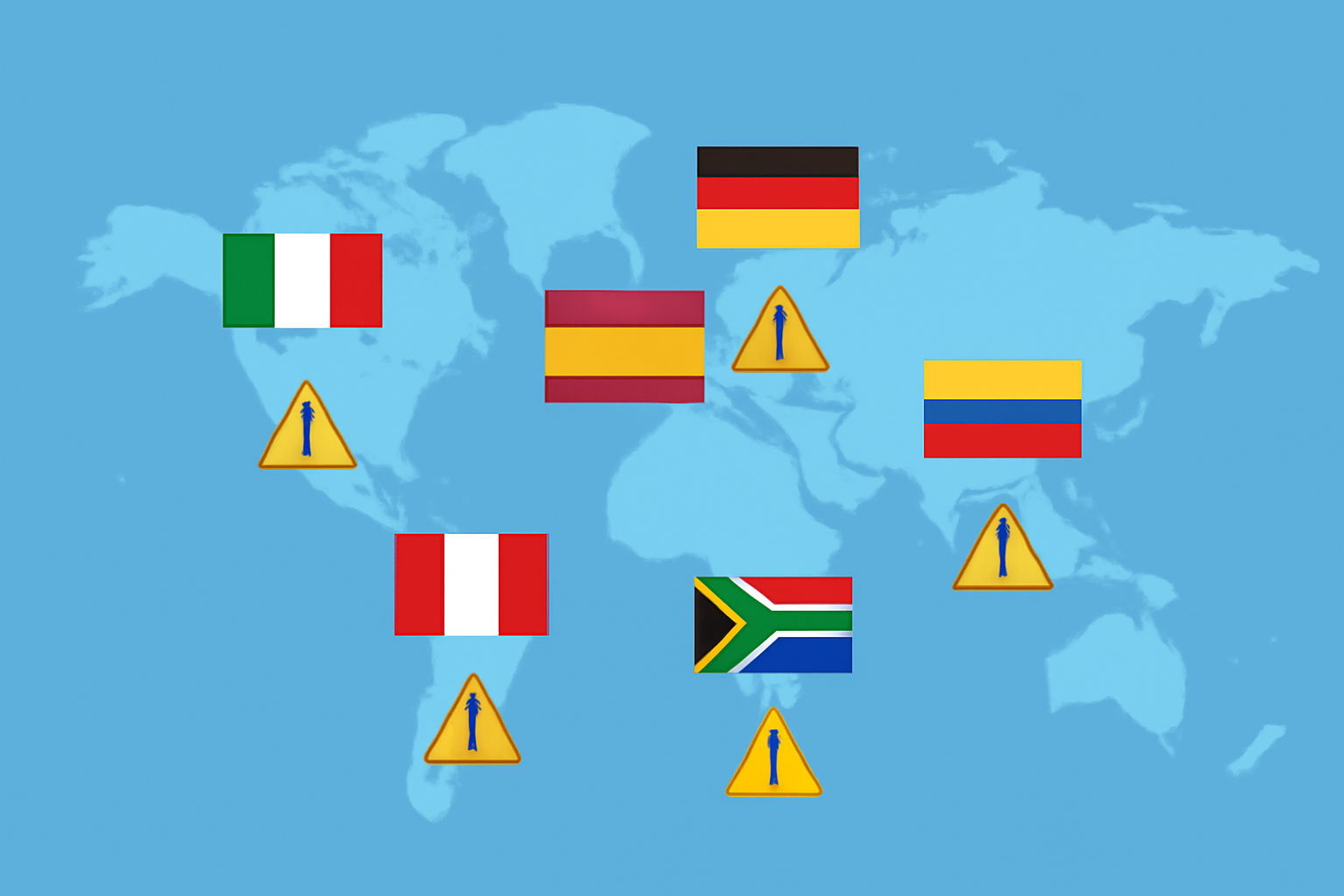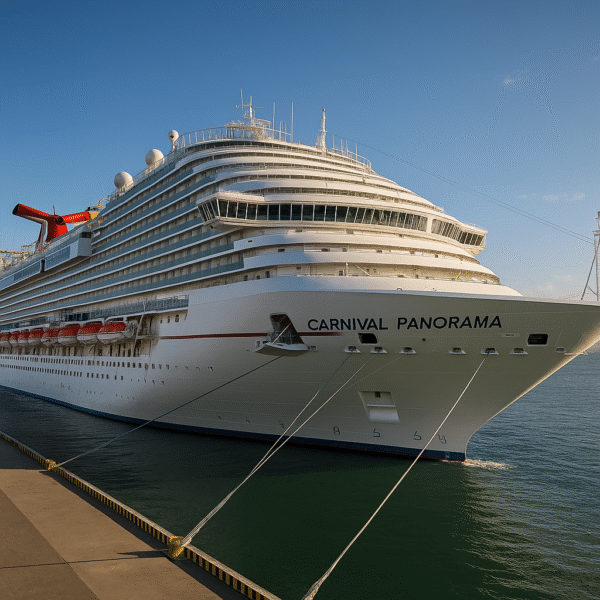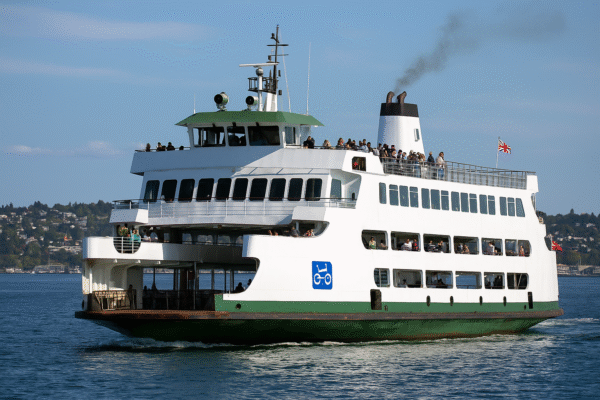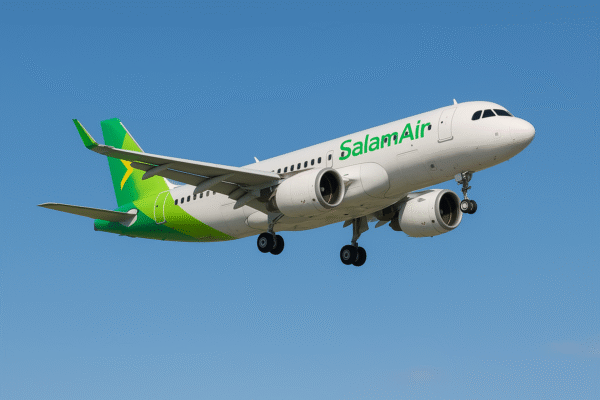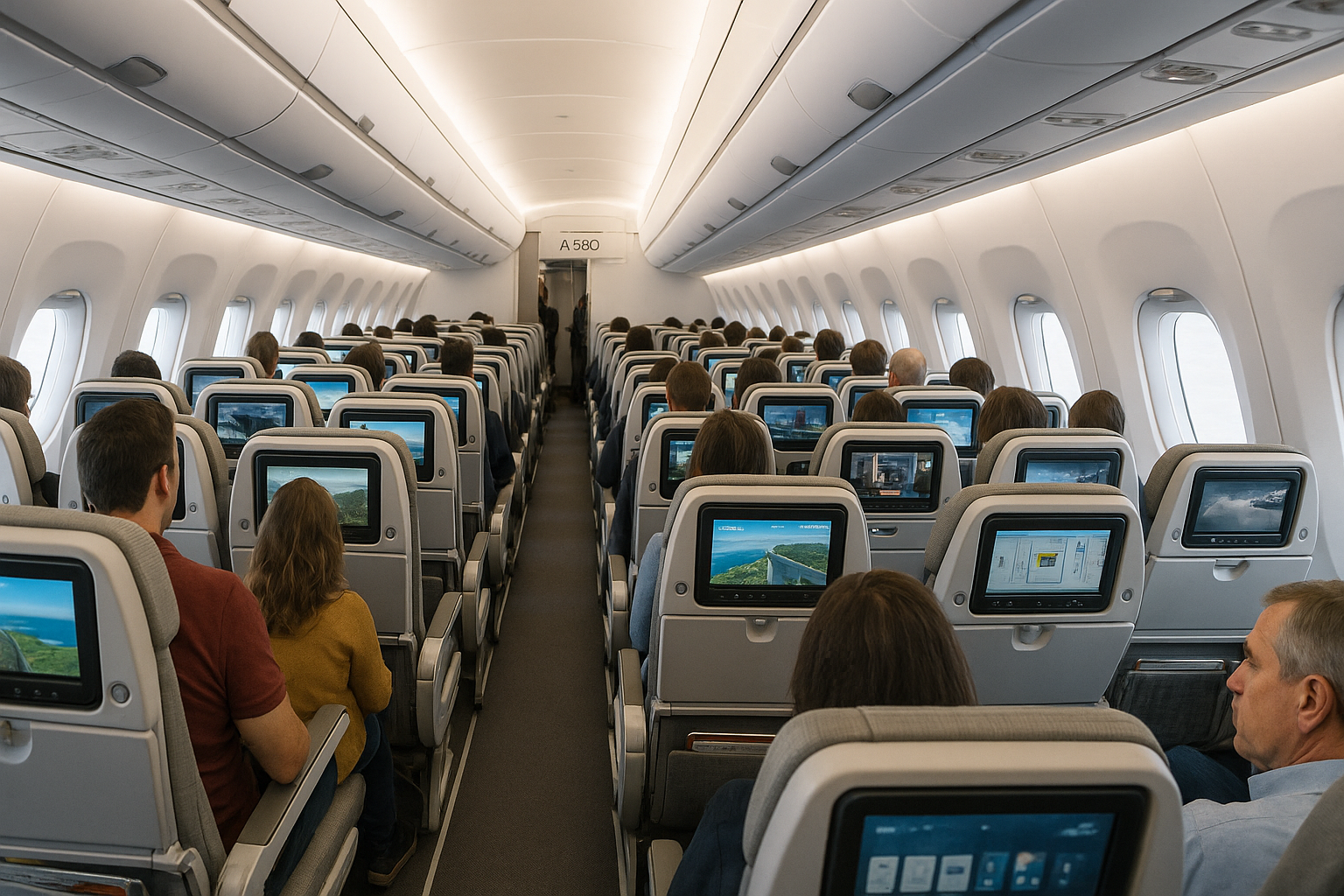HELSINKI, FINLAND — July 7, 2025 — Air travel across Europe and beyond was significantly disrupted in early July as industrial action at Helsinki-Vantaa International Airport crippled ground operations, triggering major flight delays and cancellations. The strike, led by the Finnish Aviation Union (IAU), severely impacted baggage handling, catering, and aircraft maintenance services. While Finnair, Finland’s national carrier, bore the brunt of the disruption, global carriers including SAS, Norwegian, Lufthansa Group, Air France-KLM, British Airways, Iberia, and Turkish Airlines were also affected.
The coordinated strike comes at a time when Helsinki-Vantaa Airport is operating near peak summer capacity, handling thousands of passengers daily. With interconnected airline systems and code-sharing arrangements across alliances, delays in Helsinki rippled outward, affecting schedules across Europe, Asia, and North America.
Finnair Faces Ground Zero of the Strike
As the largest airline operating out of Helsinki, Finnair was hardest hit, cancelling approximately 100 flights on July 7, 2025, affecting over 7,200 passengers. The disruptions left travelers stranded both domestically and on international routes.
Finnair issued early warnings to passengers, offering free rebooking, ticket refunds, and waiving change fees. Despite the airline’s efforts to minimize inconvenience, operations remained significantly impacted as essential services on the ground came to a halt. The inability to fuel, clean, load luggage, or maintain aircraft led to cascading delays and aircraft grounding.
SAS and Norwegian: Scandinavia’s Travel Plans Derailed
Both SAS (Scandinavian Airlines) and Norwegian Air Shuttle experienced major disruptions due to shared ground handling services at Helsinki-Vantaa. Many of their scheduled flights connecting key Scandinavian hubs with Helsinki were delayed or cancelled, straining logistics for thousands of passengers.
With Helsinki serving as a vital node for low-cost and regional routes operated by Norwegian, rebookings and cancellations quickly snowballed. Travelers connecting through Helsinki to smaller Nordic destinations faced long layovers or missed connections entirely, highlighting the vulnerability of smaller carriers dependent on shared airport services.
Lufthansa Group: Disruptions Across Europe’s Aviation Backbone
The Lufthansa Group, including Swiss International Air Lines, Austrian Airlines, and Brussels Airlines, reported operational bottlenecks in Helsinki affecting both outbound and inbound services. Flights between Germany, Austria, Switzerland, and Finland experienced significant delays, as Lufthansa relies on Helsinki for multiple daily connections.
Passengers connecting through Helsinki missed ongoing long-haul connections to other European cities and North America, demonstrating how even temporary local disruptions can have a pan-European impact on air travel logistics and traveler experience.
Air France-KLM: Long-Haul Routes Affected
The Air France-KLM Group saw disruptions across both short-haul and long-haul networks. With Helsinki acting as a connection point for travel between Western Europe and the Baltics or Russia, delays caused by the strike disrupted operations between Amsterdam, Paris, and Nordic destinations.
KLM and Air France passengers complained of delayed departures, missing baggage, and missed international transfers—some as far afield as Canada and Japan. The lack of ground crew at Helsinki delayed aircraft servicing, causing downstream effects on aircraft rotation and fleet utilization.
British Airways and Iberia: Oneworld Alliance Impacted
As prominent members of the Oneworld Alliance, British Airways and Iberia were not spared. Flights from London Heathrow and Madrid into Helsinki were delayed due to backlog in ground operations. Iberia, which maintains a growing route network into Northern Europe, faced difficulties servicing aircraft and ensuring on-time departures.
Both airlines had to reroute passengers or shift them to alternate flights via other European cities. Alliance-wide coordination proved useful, but delays were unavoidable due to the bottleneck at Helsinki-Vantaa’s apron and baggage systems.
Turkish Airlines: Asia-Europe Corridor Disrupted
Turkish Airlines, which operates frequent flights between Istanbul and Helsinki, also reported delays and cancellations. The strike affected Turkish Airlines’ operations at a crucial time for summer travelers moving between Asia and Europe.
Passengers traveling from destinations like Bangkok, Delhi, or Dubai with layovers in Istanbul faced extended travel times due to blocked connections into Helsinki. Turkish Airlines was forced to reschedule multiple flights, affecting travelers heading to Scandinavian countries and beyond.
A Global Lesson in Airline Interdependence
The July 2025 strike at Helsinki-Vantaa Airport showcases the fragility of the global aviation ecosystem. What began as localized industrial action in Finland quickly morphed into a multi-national aviation crisis, affecting thousands of flights and millions of passengers.
The disruption highlights how interconnected the world’s major airlines have become, with shared airport services, alliance hubs, and synchronized timetables. As a result, even brief strikes or service interruptions at a key hub can result in global aviation bottlenecks, forcing carriers to scramble for alternative arrangements.
Passenger Advice: Stay Informed and Flexible
With labor actions increasingly common in Europe during peak summer months, passenger preparedness becomes critical. Travelers are advised to monitor flight statuses regularly, sign up for airline alerts, and be aware of the potential for delays or cancellations.
Experts suggest booking longer connection windows and choosing airlines with robust customer service policies and alliance partnerships that can assist with alternate routing in the event of disruption.
Conclusion: Building Resilience for the Future
The Helsinki-Vantaa industrial strike serves as a wake-up call for airlines, regulators, and passengers alike. It underscores the urgent need for improved crisis management systems, cross-airline coordination, and clearer communication protocols to reduce the impact of unavoidable disruptions.
As carriers such as Finnair, Lufthansa, Air France-KLM, and Turkish Airlines continue expanding global operations, resilience and redundancy in ground services must become a priority. For now, the hope is that labor negotiations in Finland will conclude swiftly to restore regular operations—and that the industry takes note of how deeply connected the world’s skies truly are.
For more travel news like this, keep reading Global Travel Wire






